How will climate change affect microplastics already in the environment?
Envirotec Magazine
MAY 30, 2024
Understanding why climate change might contribute to increasing plastic pollution is the focus of a new research project starting this month at the University of Portsmouth. As far as we know this is the first time this has been looked at in conjunction with climate change.”


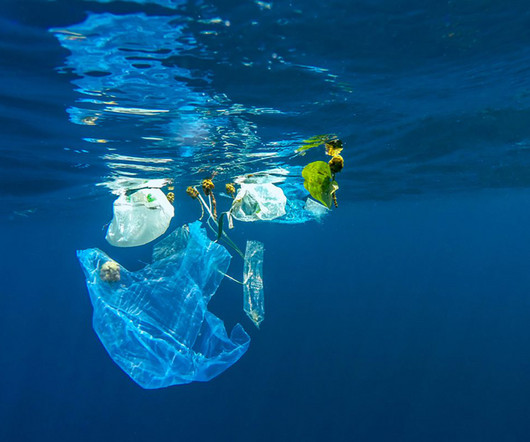



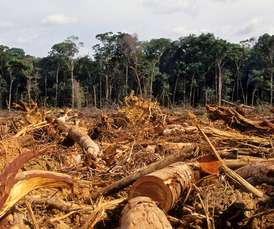

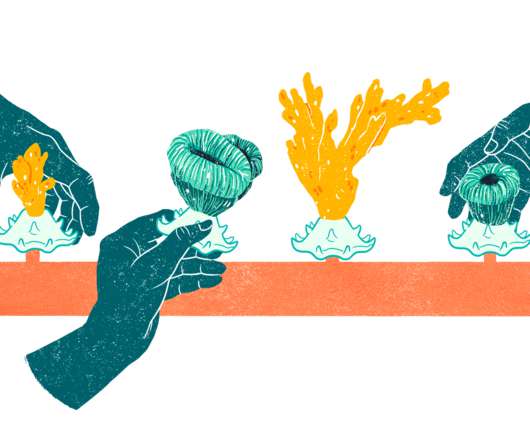


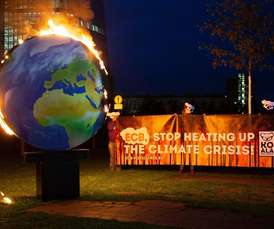



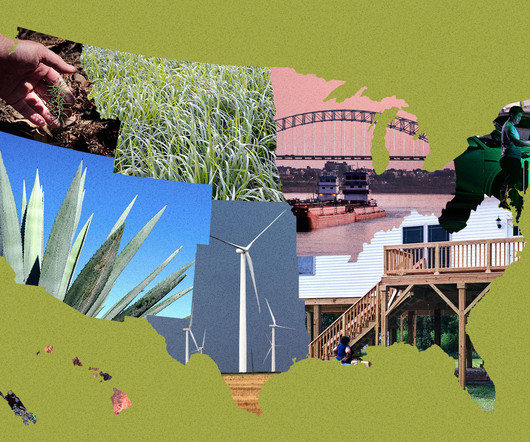








Let's personalize your content